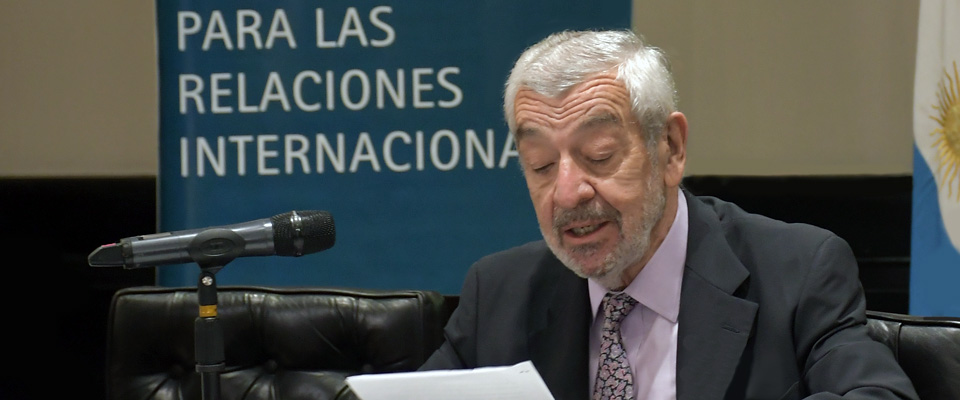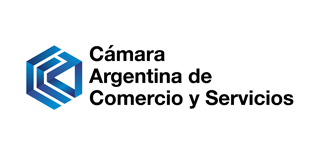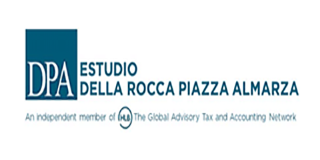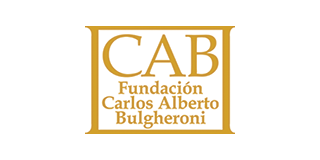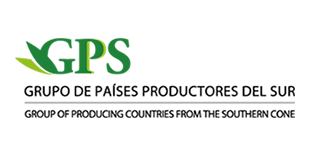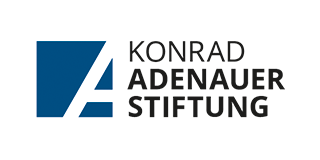Socio-Economic Consequences of the Coronavirus Pandemic
Por Andrzej Habarta
In the context of the digitalisation and transformation of the world order and taking into account the ingenuity of the peoples of the aforementioned countries, Argentina and Russia have an opportunity to take more significant positions in the new "post-Covid world", significantly strengthening their place both in the world economy and politics, writes Andrzej Habarta, Senior Research Fellow at MGIMO and Editor-in-Chief of the "Cuadernos Iberoamericanos" Journal. The publication of this article continues online collaboration between Valdai Club as part of its Think Tank project and Argentine Council on International Relations (CARI)
The current global health crisis caused by the coronavirus pandemic has already caused an economic crisis, becoming a challenge not only for individual national economies, but for the entire world economy.
At present, the question of what the post-Covid world will be like is becoming more and more urgent. The process of transformation of the world economy began long ago, and the coronavirus pandemic is only acting as a catalyst for changes. The process of transformation of the world economic system began long ago, but for a long time it remained invisible to the majority of the ordinary citizens of our planet. The pandemic has exacerbated existing socio-economic problems in developed countries.
Back in 2013, Thomas Piketty's book Capital in the Twenty-First Century was published, in which the author argued that the welfare society that had emerged in a number of developed countries is becoming a matter of the past. One of the consequences of globalisation has become an increasing gap in the level of income of the population and, as a consequence, an increase in the stratification of society, which has become more and more clearly divided into two groups: the "modern middle class", which still receives decent wages and is a beneficiary of the globalisation processes, and an increasingly poor and socially disadvantaged group — the working class, which has fallen victim to a more flexible, globalised labour market. In this context, we can talk about the division of modern society into beneficiaries and victims of globalisation.
One of the consequences of the pandemic has been the acceleration of the transformation of the global economic architecture. The West is collectively trying to maintain its leading position in the world economy using various methods. The United States, which was the author and promoter of the liberal arrangement of the world, during the presidency of Donald Trump began to increasingly resort to aggressive protectionist methods and economic blackmail to maintain its dominant position and advance its national interests.
The strategy of the Western European countries is more cautious, but they are also making more and more visible attempts to strengthen their positions. If France's efforts are reduced to restoring its authority, political and economic influence in the French-speaking world of Africa, then Germany's actions are more pragmatic. Germany is trying to consolidate its position as a leader within a united Europe, as evidenced by the development of financial programmes for the provision of economic and financial assistance under the leadership of Germany within the EU.
We can safely say that EU assistance during the pandemic is, first of all, to protect the economic interests of transnational corporations, including those of Germany. The European countries most affected by the pandemic are an integral part of the value chains of German multinational companies. Therefore, Germany cannot afford to neglect this value chain and views the rescue of European economies hit by the coronavirus pandemic as a matter of its own economic security.
Many experts are wondering if the coronavirus heralds the end of the era of globalisation. It is very difficult to answer this question unequivocally; most analysts agree that globalisation is likely to continue, but in new forms. Old, ineffective economic institutions and mechanisms will become a thing of the past, making room for new practices. In particular, the withering away of old sectors of the economy will accelerate the formation of new ones in their place, which have arisen due to the digitalisation process. The incorporation of new technological advances and developments into the economy, as a rule, has always had a huge impact on social relations, often a negative one. The service sector reformatting has already imperceptibly begun to liberalise labour relations. If earlier, this process led to social protest (one can recall the yellow vest riots in France in 2018-2019), then in the new "post-Covid" conditions, this process will only accelerate. Therefore, special attention should be paid to the adaptation of society to new economic realities.
The process of reformatting the world has already been launched, and all countries, regardless of their wishes, are drawn into this process, including Argentina and Russia. In 2020, due to the pandemic, the socio-economic models of Russia and Argentina were tested for survival, especially for stability and security. These states have a lot in common. Over the past 30 years, both countries have been in search of a sustainable development model that could provide them with stability and security in the real sense of the word. Despite all the difficulties that Russia and Argentina are facing today, they have significant potential and competitive advantages that allow these countries to look to the future with real hope. We are talking about the developed human potential in these countries. The UN classifies both states as countries with a very high human development index (HDI), which in 2019 for Argentina was 0.83 (48th place in the world), for Russia 0.824 (49th).
In the context of the digitalisation and transformation of the world order, when the role of human resource and knowledge plays an increasingly important role, and taking into account the ingenuity of the peoples of the aforementioned countries, Argentina and Russia have an opportunity to take more significant positions in the new "post-Covid world", significantly strengthening their place both in the world economy and politics.
De libre uso con mención de la fuente